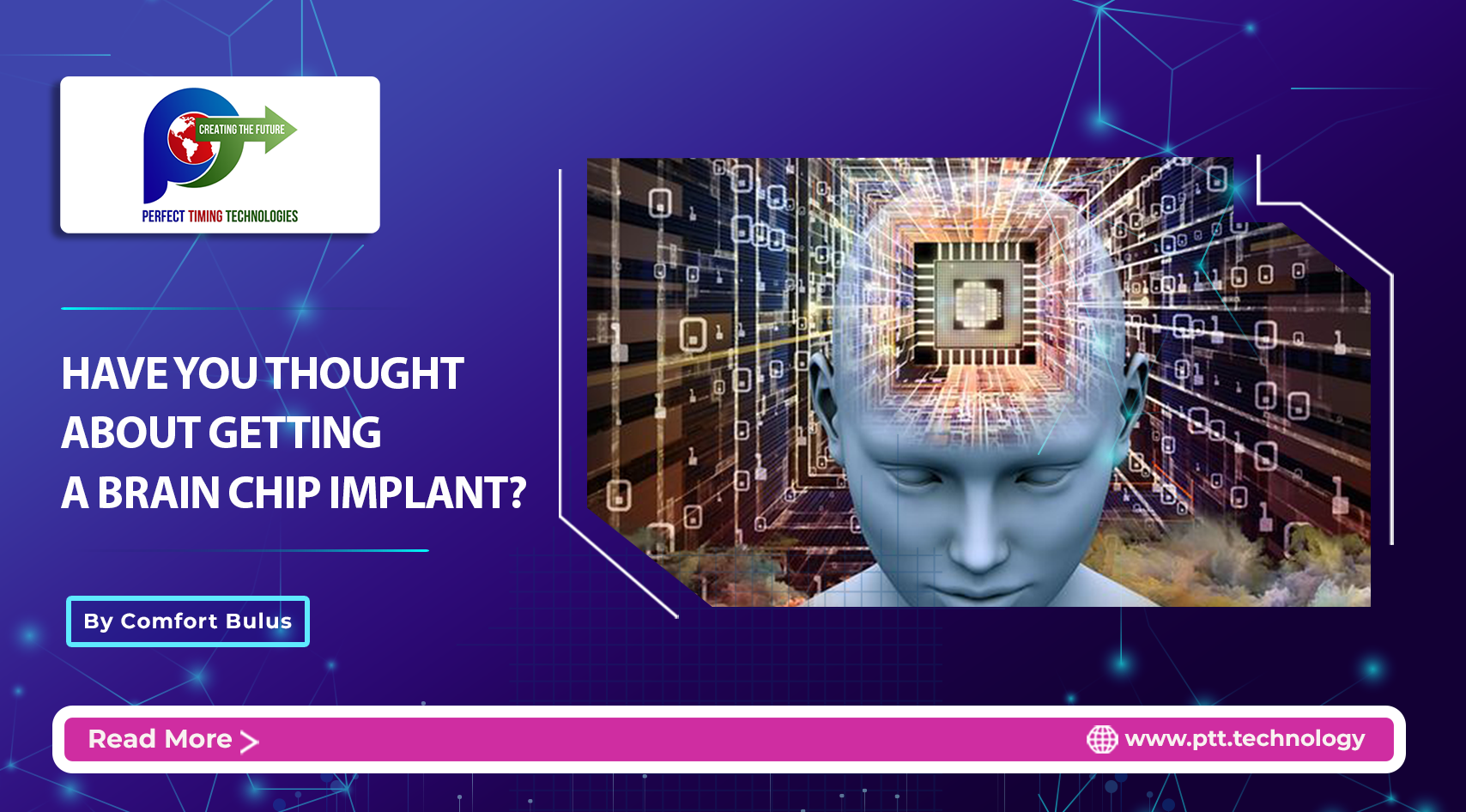
Have you considered the possibility of finding yourself in distressing situations such as paralysis, neurological disorders, mental health conditions, chronic pain, or blindness? Imagine a revolutionary type of brain interface technology that has the potential to effectively address a wide range of neurological disorders and aid in the restoration of both sensory and motor functions. Human trials of a brain-computer chip can potentially restore your quality of life and lead to a cure.
BMI = Brain Machine Interface
Elon Musk envisions a future where we can solve schizophrenia and autism. However, experts suggest this can be achieved using microchips implanted in the brain to cure the disease. Have you heard of the company Neuralink, founded by Elon Musk? They created a small device that connects to the brain to enable a brain-machine interface. A lithium-ion battery powers the device and has wires to communicate with brain cells. Signals collected are transmitted to a computer to interpret the user’s thoughts and intentions into actions. This technology is a life-changing solution for people with disabilities, such as paralysis or progressive neurological diseases, enabling communication and potentially halting the progression of their condition. There are many fascinating items in this area.
What are nerve implants?
These small devices can be inserted into the body through surgery or injection. They aim to interact with the neurons that transmit information throughout the body via synapses. Neurons play a crucial role in our thoughts, actions, and emotions. They receive and integrate signals, then relay them to more giant cells. Neural implants are a highly advanced technology that uses electrical signals to alter neuron communication. As you may know, neurons are a crucial part of the central nervous system, which governs the five senses and other vital functions like the inflammatory and immune systems. Neural implants send signals to neurons, directing them to carry out specific tasks.
Advantages and Disadvantages of nerve implants
Using nerve implants for medical purposes has advanced intense brain stimulation (DBS) for treating tremors, epilepsy, and obsessive-compulsive disorders. However, efficacy in treating mental disorders like depression, post-traumatic stress disorder, and substance abuse is variable. Risks associated with nerve implants, such as shifting towards soft tissues, device malfunctions, and cerebral haemorrhage leading to a stroke, need to be evaluated. Ethical concerns also arise due to the lack of long-term efficacy evidence and potential changes in identity and acquisition of personal information.
Despite this, nerve implants continue to advance, with promising developments in epidural stimulation for spinal cord injuries and mind-controlled prostheses for amputees. Axoft is a leader in this field, working towards developing brain implants that can treat neurological disorders and facilitate communication. The company has raised $8 million in seed capital since 2021, which could significantly improve the quality of life for numerous needy individuals.
Final Thoughts
The field of neural implants is rapidly evolving, but there is still much work to be done before they can be widely adopted. Addressing ethical and regulatory concerns is just one piece of the puzzle; researchers must also gain a deeper understanding of neural circuitry and carefully consider the potential effects of implants on the human body. While therapies like DBS have shown some promise, it’s essential to acknowledge that these devices have limitations. Neuro implants could revolutionize the medical industry and people’s lives. As it stands, brain chips have already proven to be a game-changer for some individuals. Extensive research and clinical trials have shown that they are not just a product of science fiction but a proven reality that can significantly enhance the quality of life for patients.







